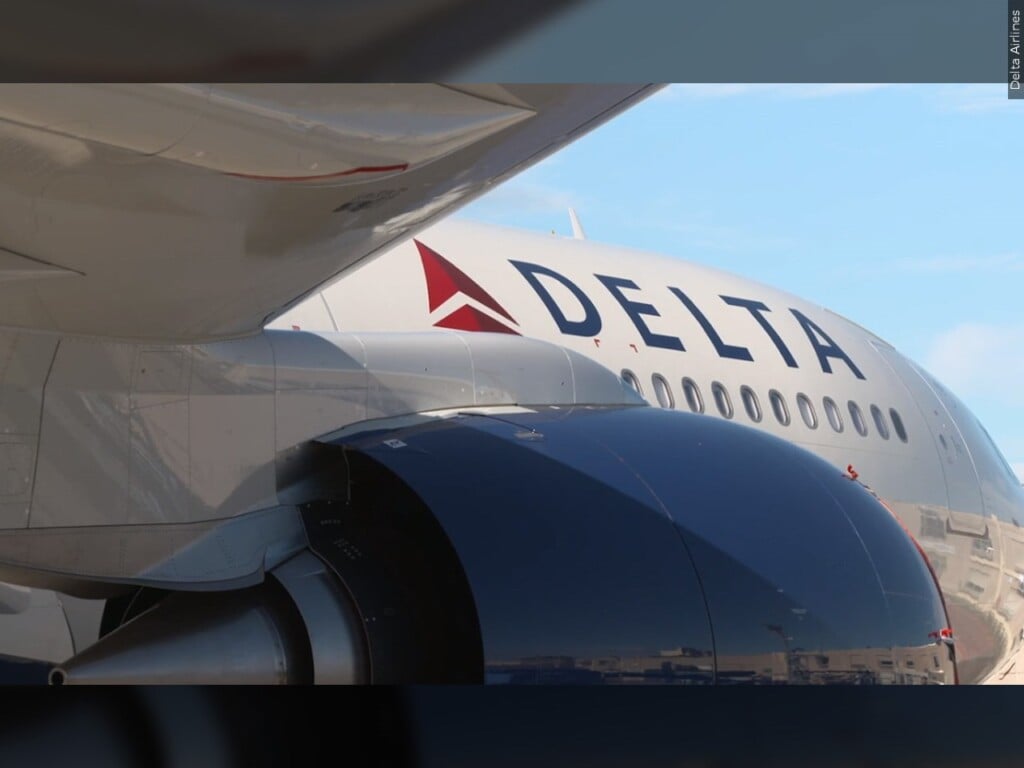Tech Report: Delta denies using AI for personalized fare pricing
Delta Air Lines is responding to growing public scrutiny over reports it plans to use artificial intelligence to set personalized ticket prices.

(CNN)- Delta Air Lines is responding to growing public scrutiny over reports it plans to use artificial intelligence to set personalized ticket prices. The airline says it is not—and will not—use AI to adjust fares based on individual customer data.
The statement comes after a group of U.S. senators sent a letter raising concerns about data privacy and the potential for AI to charge passengers based on their “pain point,” or the maximum price each would be willing to pay.
While earlier reports suggested Delta might roll out such technology later this year, CEO Ed Bastian reiterated the company’s stance, saying, “There is no fare product Delta has ever used, is testing, or plans to use that targets customers with individualized prices based on personal data.”
Elsewhere in the travel industry, AI is quietly reshaping how businesses operate. Some hotels are using AI-powered sensors to monitor air quality and detect smoking or vaping in rooms—automatically issuing fines when violations occur. AI is also helping flag issues like unpleasant odors, unclean linens, or needed maintenance, before staff steps in for final evaluation.
Rental giant Hertz is using AI to scan vehicles for damage more efficiently, speeding up the return process and reducing disputes.
Meanwhile, big tech firms are making massive investments in artificial intelligence. Bloomberg reports Microsoft is expected to spend $30 billion this quarter alone. Google is on track to invest $85 billion, with Amazon committing $31 billion. Meta is also pouring billions into AI infrastructure and talent, building major data centers and offering hefty salaries to recruit top engineers.
In innovation news, four Danish engineering students are making headlines with a revolutionary 3D-printed drone that can seamlessly fly through the air and swim underwater. Its propellers adjust their angles to switch between air and water modes, opening up potential applications in search-and-rescue operations and marine research.



